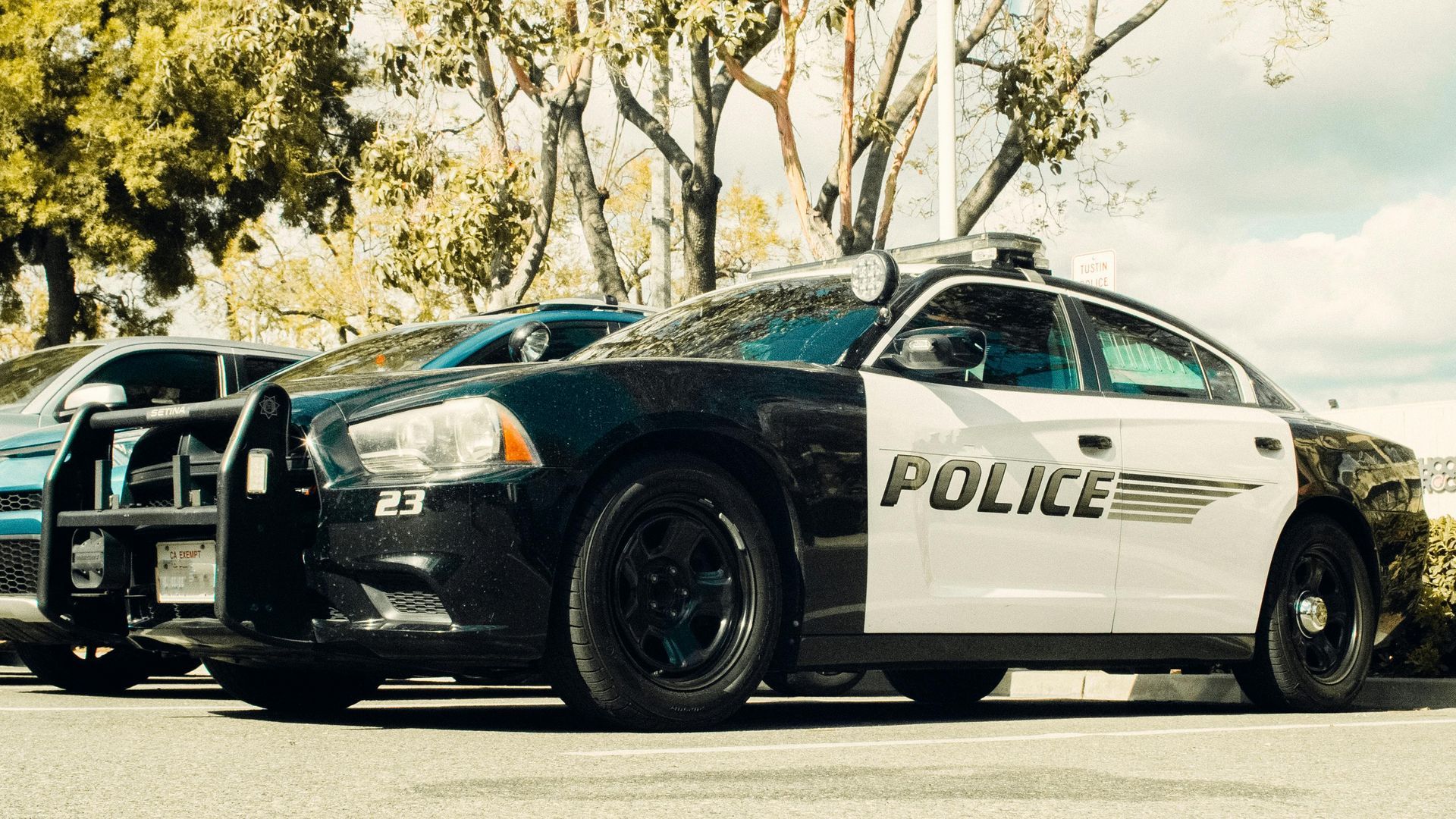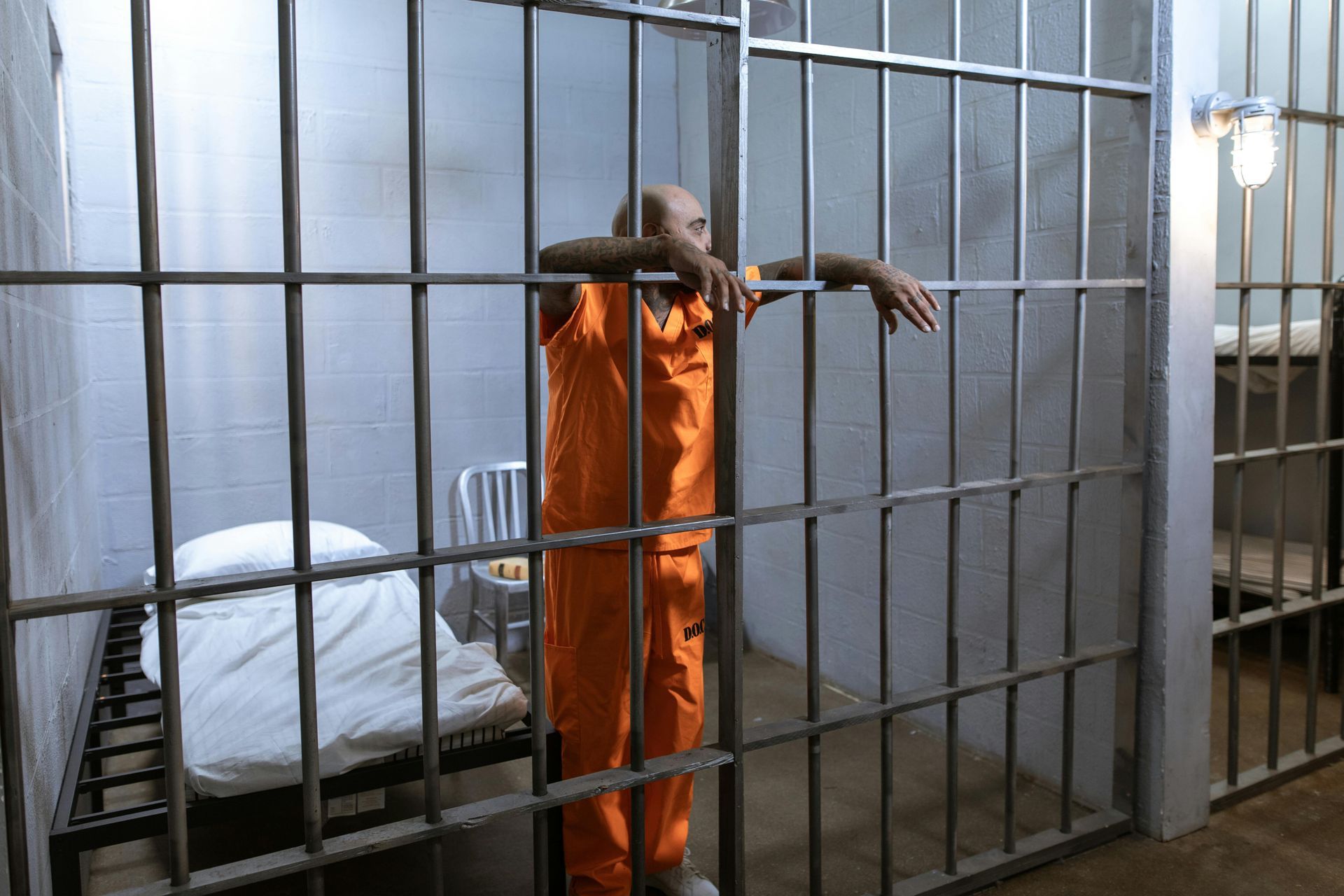Will a DUI from Another State Prevent Me from Getting a California Driver’s License?
Will a DUI from Another State Prevent Me from Getting a California Driver’s License?
If you have a DUI conviction from another state, you may be wondering whether it will impact your ability to obtain a California driver’s license. California participates in the Interstate Driver’s License Compact (IDLC), an agreement between most U.S. states that shares driving records and violations. At Email My Lawyer, we help individuals in San Diego understand their options when dealing with out-of-state DUI convictions and California’s licensing laws.
A DUI from another state may prevent or delay your ability to get a California driver’s license if:
- Your previous state suspended or revoked your driving privileges due to the DUI. California’s Department of Motor Vehicles (DMV) generally will not issue a license until the suspension is lifted in the other state.
- The DUI offense is equivalent to a DUI under California law. If the out-of-state DUI meets California’s legal definition, it could impact your record and potentially count as a prior DUI offense in future legal matters.
- You failed to complete court-ordered requirements in the previous state, such as DUI school or probation terms. California may require proof that you have satisfied those obligations before granting a license.
To move forward, you may need to clear any outstanding penalties, provide documentation to the California DMV, or apply for a hardship or restricted license if eligible.
If you are facing difficulties in obtaining a California driver’s license due to a DUI from another state, Email My Lawyer can help you navigate the process and explore legal solutions to restore your driving privileges.










